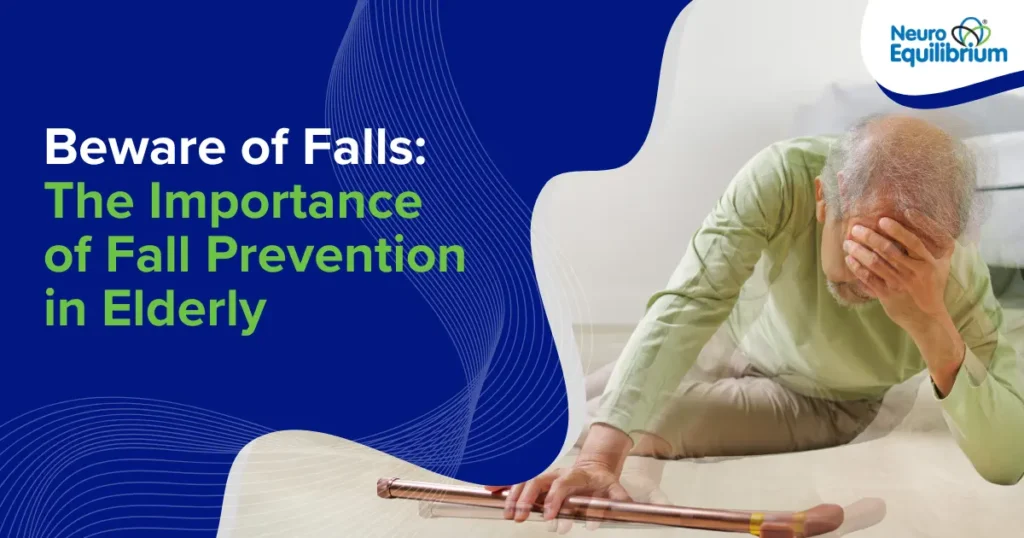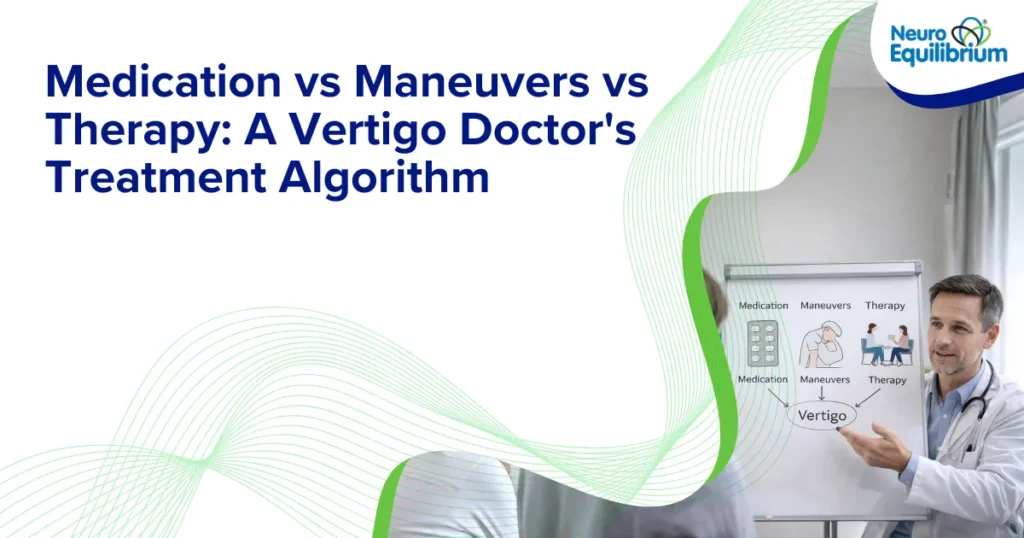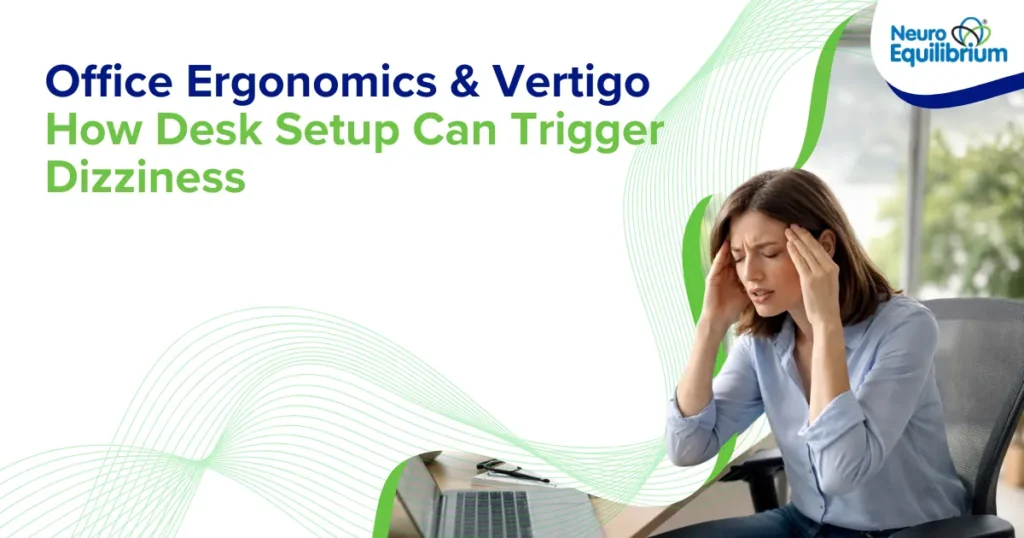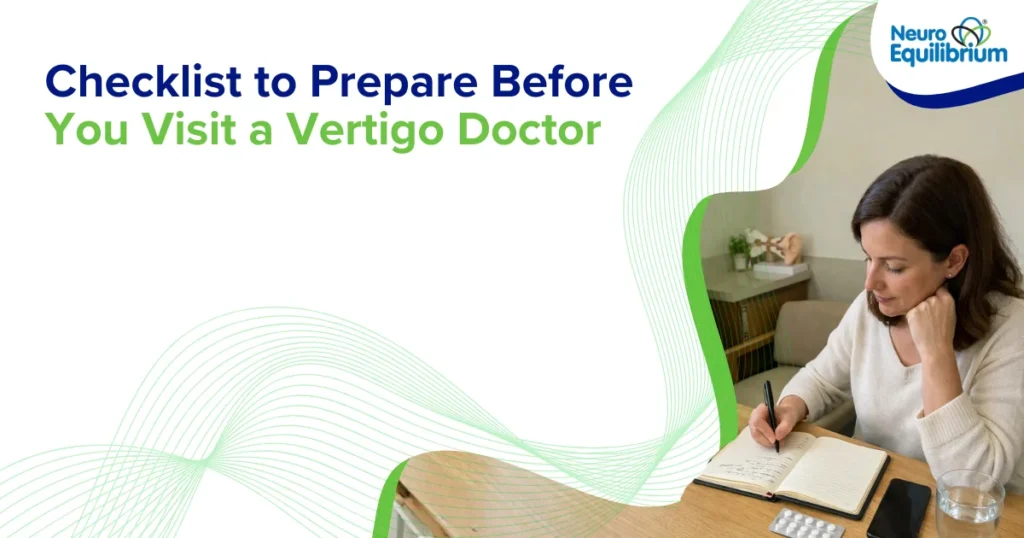We often hear about falls among elderly people, but medical science has demonstrated that they can be avoided. Statistics from the World Health Organization show that 30% of adults older than 65 have experienced at least one fall. A fall can cause fractures and injury to the brain. Falls can affect the ability to move freely resulting in dependence on caregivers or devices.Prevention of falls is a medical priority as it is the primary reason behind injury-related deaths in the elderly.
Know More About Prevention Of Falls
Understanding the Causes of Falls in the Elderly
Various factors can increase the probability of elderly people to fall, including balance issues, muscle weakness, neurological conditions, vision limitations, and cognitive deterioration. Multiple medical issues, including hypertension, diabetes, arthritis, and sleep disorders, force elderly patients to take multiple medications for their management – a condition called Polypharmacy
Older adults also experience unsteadiness or falls because of benign paroxysmal positional vertigo (BPPV), BPPV is due to to displaced crystals in the inner ear leading to imbalance of movement or change of position .though BPPV usually presents as vertigo; in the elderly it may just present as imbalance due to the guarded movement seen in older people. Hence this problem may remain unaddressed. Therefore, BPPV screening has now become mandatory for fall risk evaluations.
Causes of Vertigo in the Elderly
Vertigo in the elderly can result from various underlying conditions, including:
- Benign Paroxysmal Positional Vertigo (BPPV): Caused by dislodged inner ear crystals, leading to brief episodes of dizziness.
- Vestibular Neuritis: Inflammation of the vestibular nerve, resulting in sudden, severe vertigo.
- Stroke or Transient Ischemic Attacks (TIAs): Reduced blood flow to the brain can trigger dizziness and vertigo episodes.
- Medication Side Effects: Certain drugs, especially those for blood pressure and mental health conditions, can cause dizziness.
- Orthostatic Hypotension: A drop in blood pressure upon standing, leading to dizziness and unsteadiness. Due to decreased blood supply to the brain during postural changes.
- Neurodegenerative Diseases: Conditions like Parkinson’s disease and multiple sclerosis can impair balance and cause vertigo.
Comprehensive Fall Risk Assessment
A thorough fall risk assessment should include:
- Medical History Review: Past falls, chronic conditions (e.g., arthritis, diabetes), medications, and neurological or musculoskeletal issues.
- Balance System Evaluation: Tests such as posturography (measuring stability), videonystagmography (assessing balance and brain function), and positional testing for BPPV.
- Standardized Fall Risk Tests: Including the Fall Risk Assessment Tool (FRAT), Timed Up and Go Test (TUG), and gait analysis.
- Vision and Hearing Assessments: Since sensory deficits contribute to falls.
- Cognitive Screening: Evaluating decision-making abilities and risk perception related to falls.
Where to Seek Expert Help for Fall Prevention
If you are seeking expert help for fall prevention, NeuroEquilibrium Diagnostic Centers provide advanced diagnostic and treatment solutions for balance disorders, making them a trusted name in elderly care. Specializing in conditions like Benign Paroxysmal Positional Vertigo (BPPV) and other vestibular issues, NeuroEquilibrium uses cutting-edge technology to assess fall risks and offer personalized vestibular rehabilitation plans. Our expert team ensures comprehensive evaluations and tailored treatments to restore balance, enhance mobility, and rebuild confidence in older adults. By addressing the root causes of falls, NeuroEquilibrium plays a crucial role in improving the safety and quality of life for the elderly.
Preventive Measures to Reduce Fall Risk
Based on assessment results, healthcare providers can develop personalized fall prevention plans, which may include:
- Vestibular Rehabilitation: Addressing balance disorders such as BPPV with specific maneuvers to reposition inner ear crystals.
- Strength and Balance Training: Exercises to improve stability, flexibility, posture, and gait.
- Medication Review and Adjustments: To minimize dizziness and balance-related side effects.
- Home Modifications: Installing handrails, improving lighting, and removing trip hazards.
- Education and Counseling: Providing strategies to manage the fear of falling and maintain mobility confidence.
Conclusion
A fall can occur instantly, but its effects can last a lifetime. Systematic evaluation, including routine BPPV screening and targeted interventions, can significantly enhance the safety, independence, and overall quality of life for the elderly. Given that undiagnosed balance disorders contribute to falls, ensuring comprehensive assessments can help prevent fall-related injuries and improve long-term well-being.
FAQS
What are the most common causes of falls in the elderly?
Falls among older adults primarily result from balance disorders, muscular weakness, vision impairment, neurological conditions, medication side effects, and environmental hazards. A significant yet often overlooked cause is Benign Paroxysmal Positional Vertigo (BPPV), which many healthcare providers fail to identify.
Book a consultation at your nearest NeuroEquilibrium Clinic today.
How does vertigo contribute to falls in older adults?
Vertigo, which arises from BPPV, affects balance and spatial orientation, making rapid movements and positional changes unsafe. Elderly people who do not receive a vertigo diagnosis often experience unsteadiness, which increases their risk of falling.
Book a consultation at your nearest NeuroEquilibrium Clinic today.
What are the best ways to prevent falls in seniors?
Preventing falls involves vestibular rehabilitation to address balance issues, incorporating strength and balance exercises, evaluating medications that induce dizziness, modifying the home environment for safety, and conducting regular medical assessments to identify underlying health conditions.
Book a consultation at your nearest NeuroEquilibrium Clinic today.
How is BPPV diagnosed and treated in the elderly?
The diagnosis of BPPV requires performing positional tests, including the Dix-Hallpike maneuver. The Epley maneuver, along with other repositioning treatments, helps move ear crystals back to their proper position, decreasing dizziness and preventing falls
Book a consultation at your nearest NeuroEquilibrium Clinic today.
When should an elderly person see a doctor about dizziness or falls?
An elderly individual should consult a doctor if they experience frequent dizziness, unsteadiness, sudden falls, or unexplained balance issues. Early assessment can help identify underlying causes and prevent serious injuries.
Book a consultation at your nearest NeuroEquilibrium Clinic today.
















